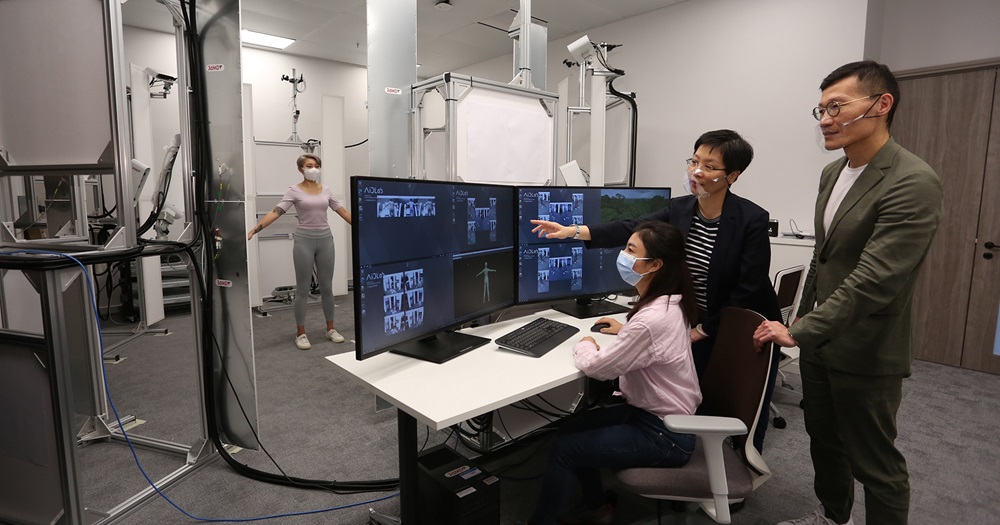How does the Beijing Winter Olympics impact China’s economy?
Key Points
- Beijing becomes the first city to host both the Summer and Winter Olympic Games
- Which sectors and industries are winners, and which are some of the losers?
It was estimated in 2014 that the Winter Olympics and the Paralympics would cost $1.56 billion in operational spending, according to a report from the International Olympic Committee. Beijing budgeted for capital investment of $1.51 billion, with 65% funded by the private sector and 35% by various levels of government. So how will it affect China’s current economy? In this article we break down a few sectors that may see hindered activity right now, or some that may benefit over the long term.
1. Short term blip
Tourism and Consumer

As China continues to maintain its zero Covid strategy, the recent omicron outbreak has especially hamstrung tourism and the consumer sectors.
Ticketing revenue was estimated to reach 118 million, but the outbreak has prompted authorities to decide not to sell Olympics tickets to the public and only allow certain invited spectators to watch the game. In addition, the stricter restrictions on the city, such as requiring residents who buy anti-fever medicine to get Covid tests and increasing the testing of inbound travellers. Such measures will continue to cause downtrends for the tourism and service sectors which have already suffered significantly throughout the pandemic.
Industrials

Another sector that expects to take a hit is the industrial industry. Liu Youbin, spokesman for China’s Ministry of Ecology and Environment, stated that during the holding of the Winter Olympics, local governments could “take necessary administrative measures and impose temporary restrictions on enterprises whose airborne emissions and atmospheric pollution levels are high, but which have limited impact on the economy”.
While there have been no official curbs set in stone, there is a clear hangover effect from the Chinese New Year. Local governments had already suspended explosive sales to mining enterprises, and no explosives have been used since the official start of CNY celebrations, and not all production has fully resumed. Sources within the domestic market that there may be believe further restrictions, especially if the air quality deteriorates.
2. Longer term gain
Sport

The Winter Olympics will clearly help boosts winter sports exposure and popularity among the Chinese population. It is expected to further drive the development of the ice and snow economy, as China plans to expand the scale of the industry to RMB 1 trillion ($157.3 billion) by 2025, as part of its ambitious target of transforming sports into a RMB 5 trillion ($786 billion) industry by 2025, a 70% increase from 2019 levels. Authorities say they’ve already more than met their target of involving 300 million Chinese in skiing, hockey and other cold-weather pastimes.
Much of this impact has already been seen, with the number of domestic ski product brands on AliExpress increasing by nearly 50% in one year. Overseas sales of Chinese ski products rose by more than 60% year-on-year during the Spring Festival holiday – from January 31 to Sunday – including a 15-fold increase in domestic ski helmets. Similarly, sales of Chinese ski helmets on Tmall soared by 174% year-on-year and ski trouser suits were up by more than 200 %.
Technology

On top of a major boost to the sport and consumer economies, the Winter Olympics has also incentivised development of technology, as companies race to produce advanced, high-level sportswear. Many of such developments are multi-purpose, and not solely applicable in sports but also in other sectors such as in medicine and engineering.
Such examples include Lenovo’s newly self-developed electrocardiography, which help athletes receive high-frequency sampling, may have more common uses in healthcare. Similarly, the surge in sports interest has sparked competition among domestic brands to develop unique and high-tech materials. Once such case is Anta’s pro-grade hard core protection fabric Dyneema, which won the ISPO Global Design Award and aims to maxmise the effects of reduced drag and minimal cutting. Significant investments into innovation will continue as it headlines China’s most recent 5-year plan.
Disclaimer: Our content is intended to be used solely for informational and educational purposes, and not as investment advice. Always do your research and consider your personal circumstances before making investment decisions. ChineseAlpha is not liable for any losses that may arise from relying on information provided.
Source chinesealpha





